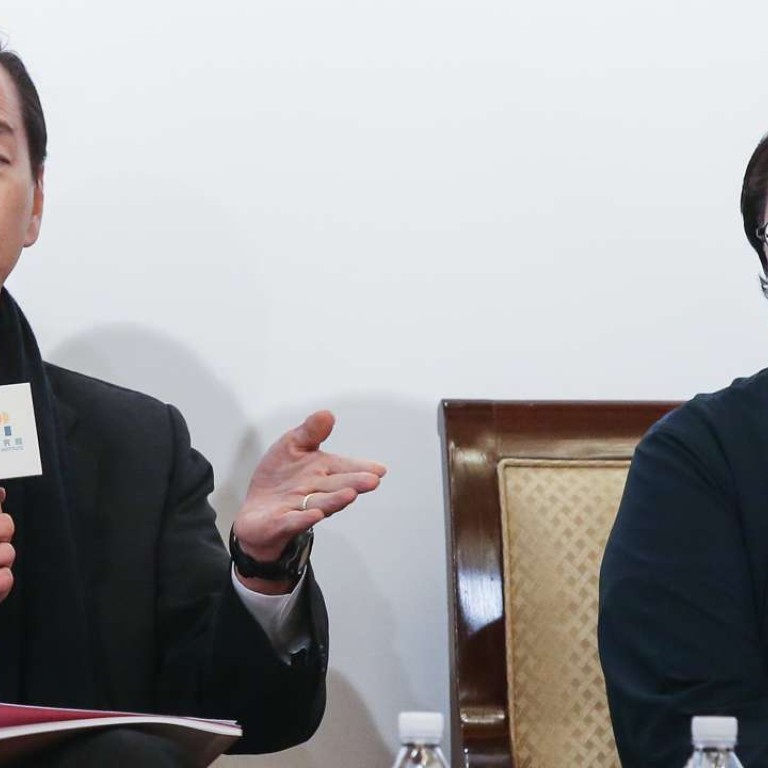
Hong Kong government urged to set up independent board to manage museums at taxpayer expense
Our Hong Kong Foundation says reform should minimise red tape, attract additional private sector funding and allow more flexible resource allocation
An independently managed board funded by taxpayers is needed to realise the full potential of the city’s public museums, a prominent think tank has said.
A report published by the Our Hong Kong Foundation on Monday argued for setting up a statutory board to oversee the venues in order to minimise red tape, attract additional funding from the private sector and allow more flexible allocation of resources.
Currently, the Leisure and Cultural Services Department (LCSD) manages 19 museums.
Without pointing a finger directly at the LCSD, the report noted that 90 per cent of museum visitors had expressed satisfaction between 2008 and 2013.
Researchers said the venues had been held back by the Public Health and Municipal Services Ordinance, which oversees not only museums but sewers, slaughterhouses and cemeteries.
The think tank proposed a museums ordinance as the framework of the proposed board, along with advisory committees.
Ada Wong Ying-kay, who sits on the LCSD’s museums advisory committee, said implementing the proposal would be a “very challenging” task.
“The idea is not new – the committee discussed this more than 10 years ago and one of the biggest obstacles was how the civil servants working at the museums would be transitioned,” she said.
Four studies between 2003 and 2007 proposed a museums board, but the Home Affairs Bureau decided in 2010 that the existing governance model should be retained, expressing concern about the financial implications of a separate organisation.
Stephen Wong Yuen-shan, head of the foundation’s public policy institute, said the proposal would not incur any extra burden on public coffers.
“We hope the annual expenditure by the LCSD on managing the museums could be retained. If HK$1 billion is needed now, then the future board should receive the same amount,” Wong said.
“The difference is that the departure from a publicly funded model would enable museums to receive sponsorship and grants from the private sector.”
Chang Hsin-kang, a former culture and heritage commission chairman who headed the research team, said the opportunity was ripe for change as upgrades to museums were under way. Since last year, five museums have kicked off major renovation projects at a total cost of HK$1.5 billion.

